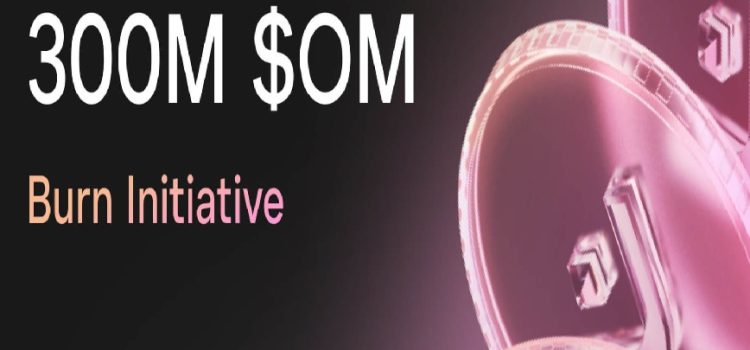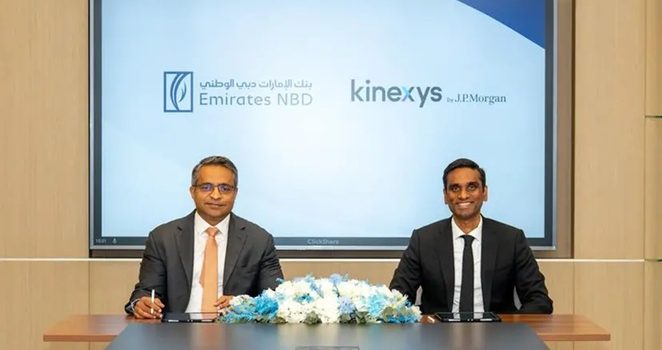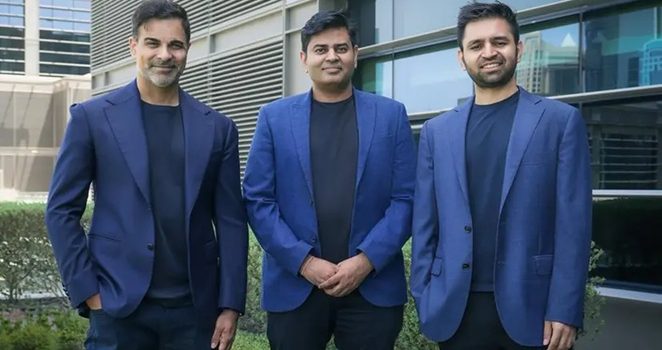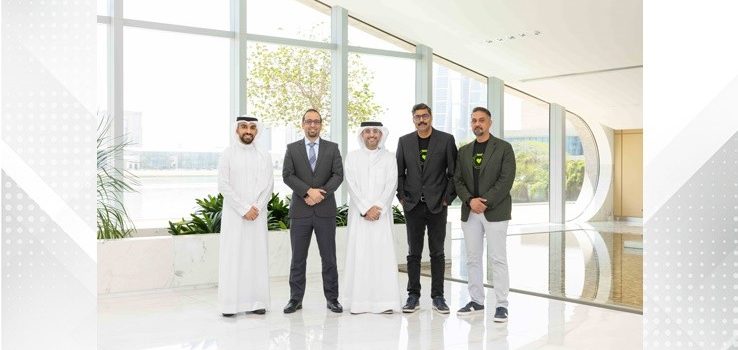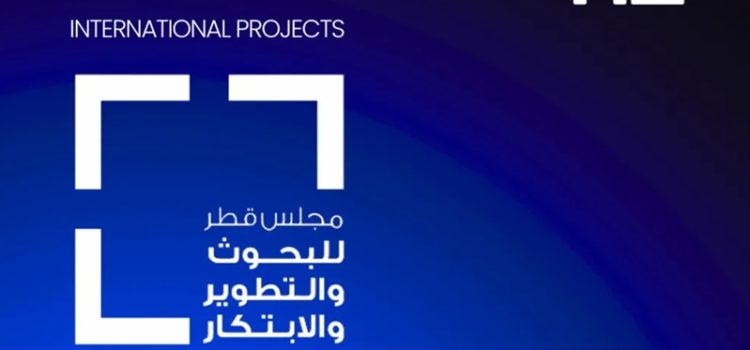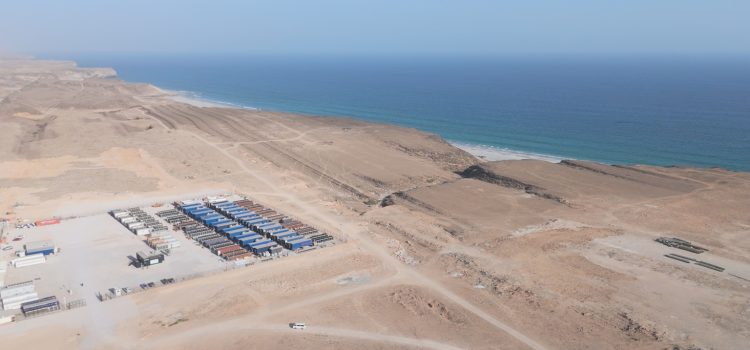
MANTRA Chain has announced through its CEO and Founder , John Patrick Mullin that they are currently burning 150 million allocation of team tokens. He had made this promise last week in an effort to rebuild trust and demonstrate an a focus on building trust, accessible and inclusive financial ecosystem through tokenization.
As per the announcement the Team and Core Contributor tokens were staked at mainnet genesis, in October 2024, to bootstrap network security. The process of unstaking 150 million tokens from the Team and Core Contributor bucket has now begun. It can be verified through the following transaction hash;
CE0E166DED4F267B22F16D011A7F511FFDDB4AADB31A2FE6A0E6E81690E339AA
DFB6C3DDFFDC09B9B2A16175401D8B7DB81C79C774203E17859694FA9D8C79C5
7D056D17F2A57A27E807FB9F12E739B24306FC7B8B651B27622A022EC18EFD5D
The unstaking period will be completed on 29 April 2025. Once this process is finalized, all tokens will be sent directly to the burn address: mantra1qqqqqqqqqqqqqqqqqqqqqqqqqqqqqqqqcg2my8.
These tokens will be permanently removed, reducing the total supply by the same amount, 150 million OM.
The announcements also added that MANTRA is in ongoing conversations with key ecosystem partners to implement an additional 150 million OM token burn, which will bring the total burn amount to 300 million OM.
After unbonding, MANTRA Chain will burn 150 million OM, reducing the total supply from 1.82 billion OM to 1.67 billion OM while decreasing staked tokens from 571.8 million OM to 421.8 million OM.
This strategic burn will lower the bonded ratio from 31.47% to 25.30%, resulting in an increase in staking APR. Once the burn transaction has been executed and confirmed on the blockchain, complete verification will be provided.
This comes a week after Mantra Chain, the Layer one tokenization platform, regulated in the UAE by Dubai’s Virtual Asset Regulatory Authority, has shed almost $10 billion dollars in less than 24 hours on April 13th 2025. The OM token price dropped from around $6 dollars to 0.37 in a matter of hours.
At the time both investors, Shorooq and Laser Digital denied that they had sold their OM Tokens, while Mantra Chain CEO seems to be pointing hands towards the crypto exchanges, when he shared his preliminary report.








